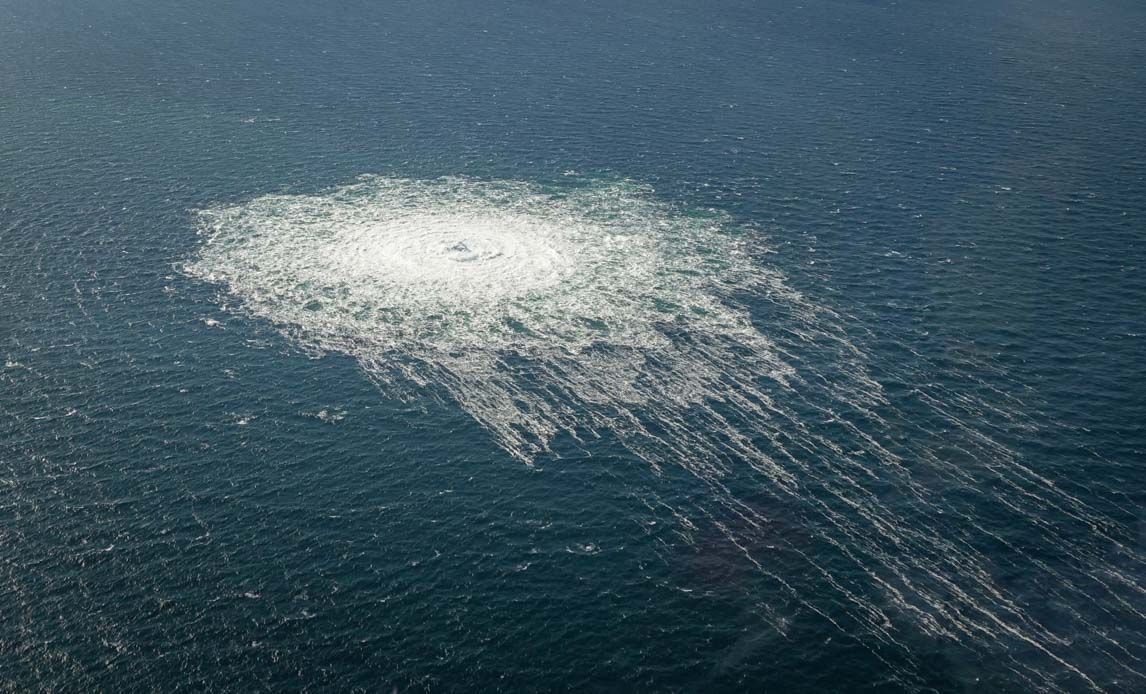The Nord Stream 1 and 2 explosions near Bornholm last September caused untold damage to the seabed in what is a particularly vulnerable area of the Baltic Sea, according to a new report.
The four explosions stirred up 250,000 tonnes of contaminated seabed – an area twice the size of Bornholm.
They released sediment containing toxic substances that could potentially kill off several maritime populations, including Baltic Sea cod and porpoises, which both had breeding grounds close to the blast zones.
Difficulty reproducing
The report is the work of researchers from Denmark, Germany and Poland – among them is Hans Sanderson from the Department of Environmental Science at Aarhus University.
“This could mean that fish that have been exposed to substances [such as lead and TBT] will become ill. There are some of them who will die, and there are some of them who will have difficulty reproducing,” Sanderson explained.
Additionally, it is estimated that all porpoises within 4 km of the explosions were probably killed by the shockwaves, and that all porpoises within a radius of 50 km may have been deafened by the blast.
Already a vulnerable area
In response to the report, the Danish environment minister, Minister Magnus Heunicke, promised the government would “continuously monitor and share the information with our neighbouring countries around the Baltic Sea, so that we have an overall picture of the consequences and can follow up to the relevant extent”.
The explosions took place in the vicinity of areas where chemical waste had been previously dumped.
“It is deeply worrying for the Baltic Sea, because the report shows the explosion worsens the condition of an area of the sea that is already in a deeply serious and critical condition,” Maria Reumert Gjerding, the head of Danmarks Naturfredningsforening, the national nature conservation association, told DR.
WWF urges ‘sea plan’
Bo Øksnebjerg, the general-secretary of the World Wide Fund for Nature, has urged the Danish and Swedish governments to come up with a ‘sea plan’ to ensure the Baltic is safeguarded against future incidents of this magnitude.
“It really was in the worst imaginable place. It is a tragedy that this has happened right here, where nature is already completely on its knees,” he concluded.
“It is yet another death peg on the coffin of the Baltic Sea.”













